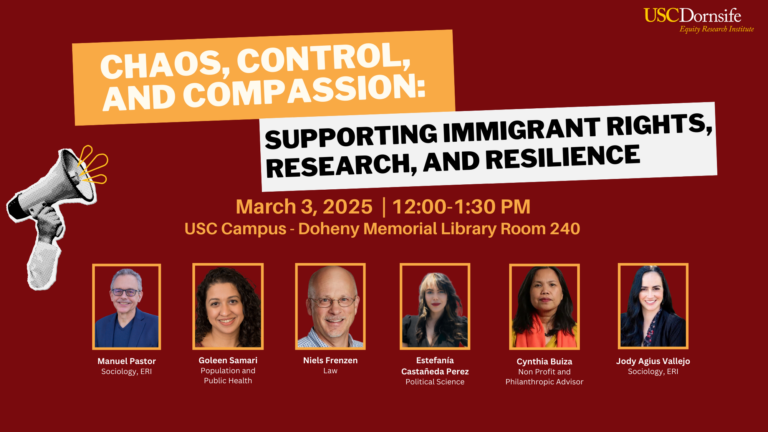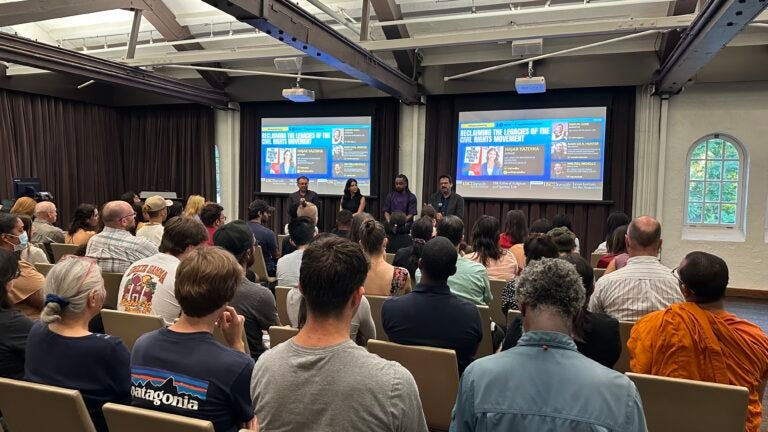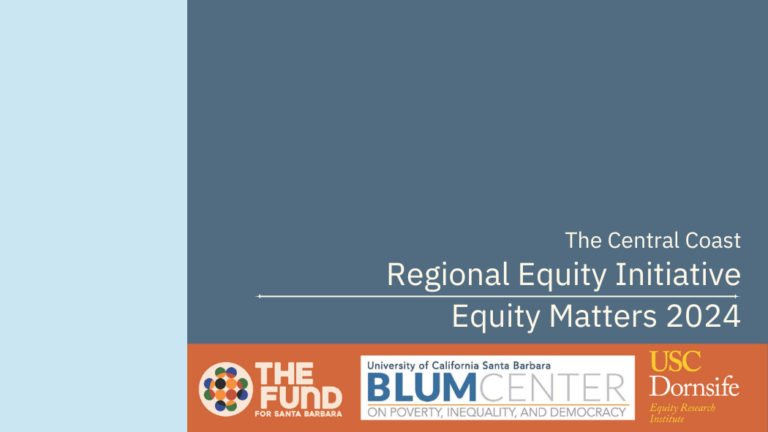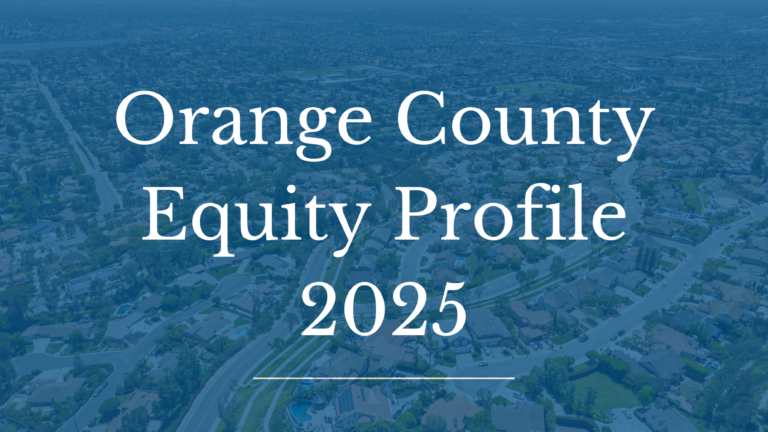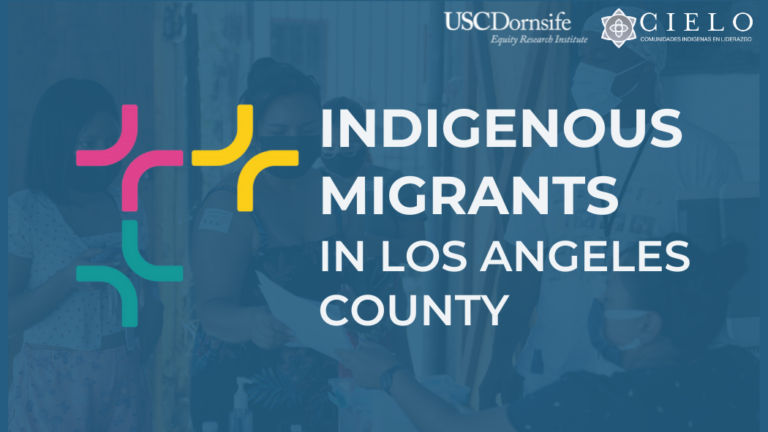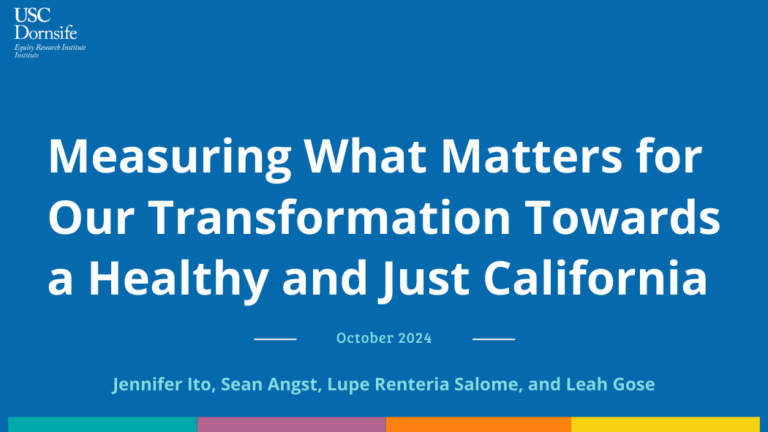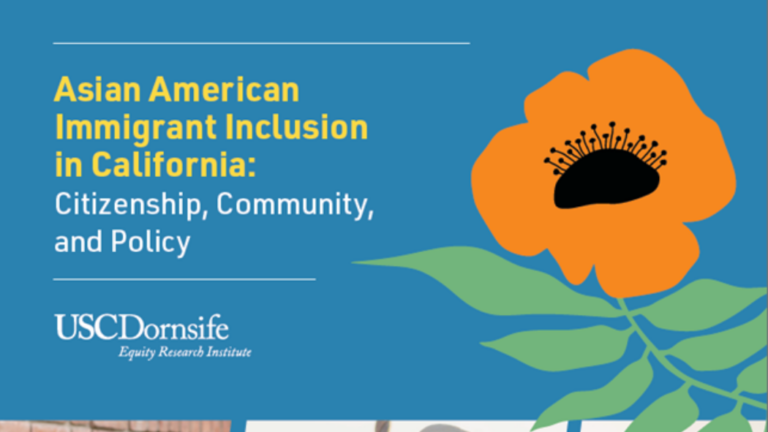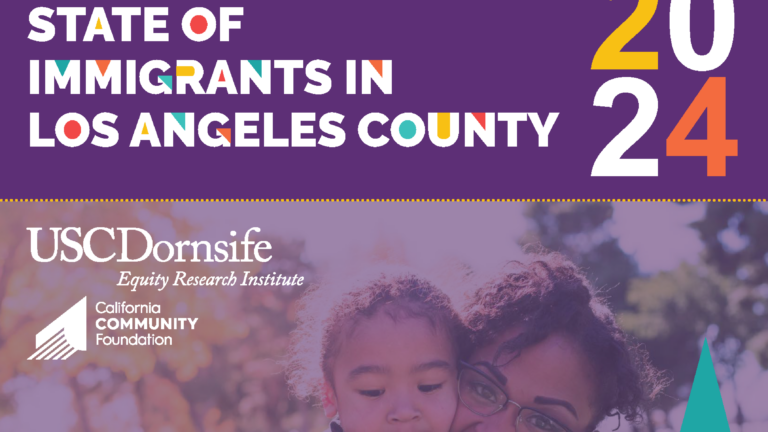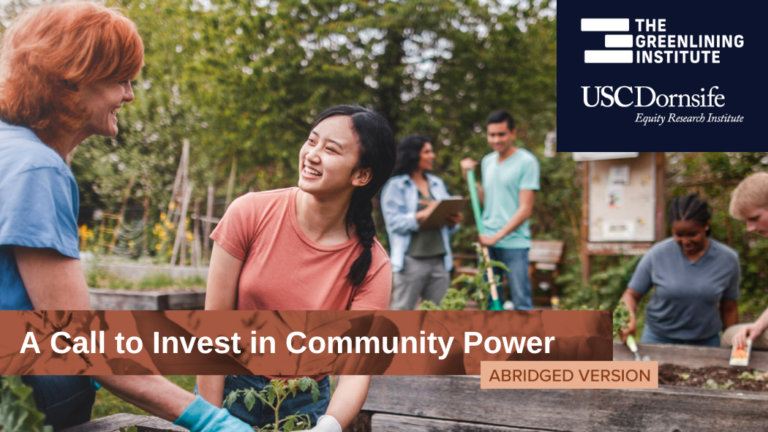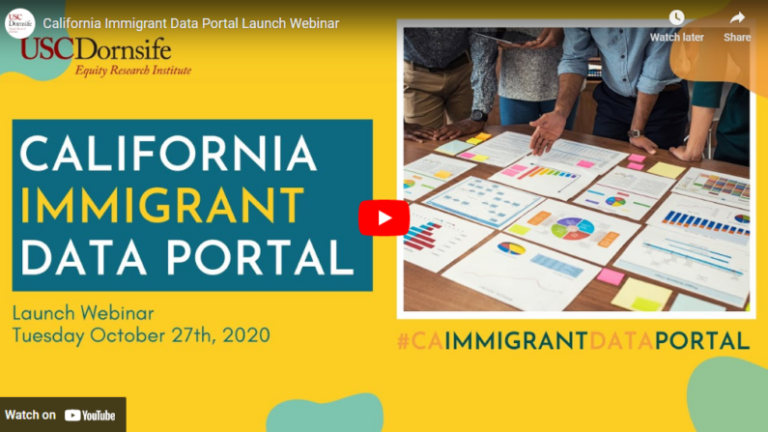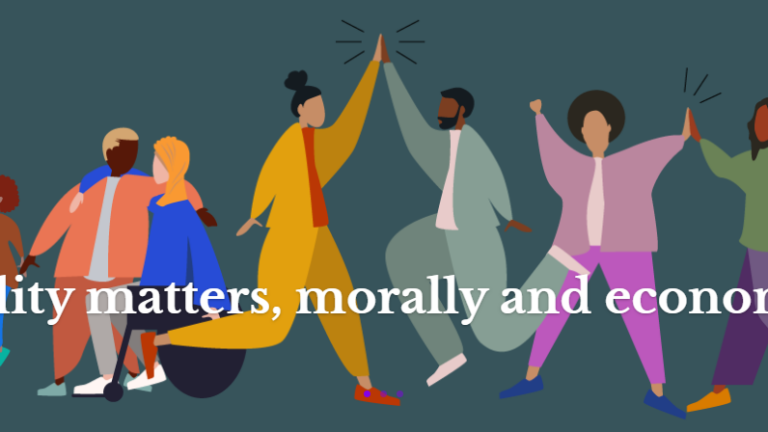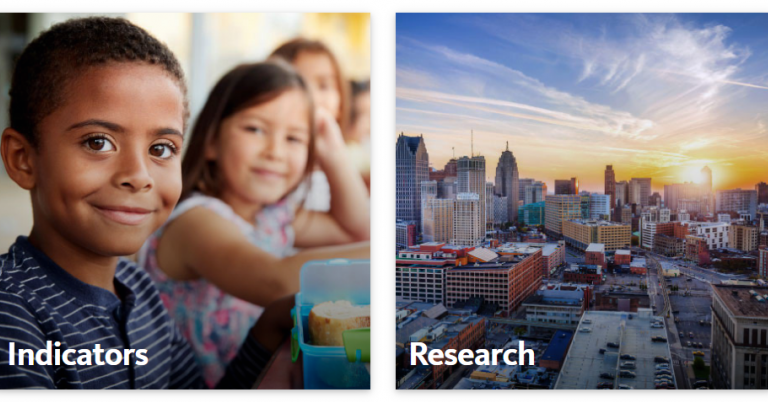Welcome to ERI
What’s new?
Latest publications
Explore all the reports in ERI’s publications directory or browse by issue area:
Immigrant Inclusion and Racial Justice
Economic Inclusion and Climate Equity
Social Movements and Governing Power
Recent reports
Undocumented Immigrants in Orange County (2025 Data Estimates)
October 2025
The recent attacks on immigrants have harmed communities and sown fear. People are being taken in unmarked vehicles and disappeared without their right to due process. People are not going to work, businesses and restaurants are shutting down, food prices are on the rise, schools, hospitals, and churches are no longer safe.
These raids are devastating our economy, with estimated losses hovering around $275 billion caused by labor shortages, delays, increased prices, and decreased business activity. A single raid can destabilize a neighborhood’s entire economy and can have resounding effects to disrupt entire industries. Unable to afford missing work, some force themselves to work in an atmosphere of fear that extends to the families and friends of undocumented immigrants.
The immigration raids ripple to every aspect of our lives and make communities less safe for everyone, not just undocumented immigrants. These raids uproot lives, tear families apart, endanger our communities, and take away our rights. To secure thriving communities, a fair economy, and the kind of country we want to live in, we must pay attention and take action to ensure that our immigrant communities can flourish and feel secure.
We hope this data on our impacted immigrant communities support the ongoing efforts happening in the movement to fight for justice and make our communities safer.
By Jeffer Giang, Thai Le, Paris Viloria, and Manuel Pastor
For more on Orange County’s immigrant communities, read “Orange County’s future depends on supporting immigrants today” an Op-Ed published in the Orange County Register by Jody Agius Vallejo and Sean Angst.
Undocumented Immigrants in Los Angeles County (2025 Data Estimates)
July 2025
The recent attacks on immigrants have harmed communities and sown fear. People are being taken in unmarked vehicles and disappeared without their right to due process. People are not going to work, businesses and restaurants are shutting down, food prices are on the rise, schools, hospitals, and churches are no longer safe.
These raids are devastating our economy, with estimated losses hovering around $275 billion caused by labor shortages, delays, increased prices, and decreased business activity. A single raid can destabilize a neighborhood’s entire economy and can have resounding effects to disrupt entire industries. Unable to afford missing work, some force themselves to work in an atmosphere of fear that extends to the families and friends of undocumented Angelenos.
The immigration raids ripple to every aspect of our lives and make communities less safe for everyone, not just undocumented immigrants. These raids uproot lives, tear families apart, endanger our communities, and take away our rights. To secure thriving communities, a fair economy, and the kind of country we want to live in, we must pay attention and take action to ensure that our immigrant communities can flourish and feel secure.
We hope this data on our impacted immigrant communities support the ongoing efforts happening in the movement to fight for justice and make our communities safer.
Black Immigrants in California
California is home to a very large and diverse immigrant population, including Black immigrants. Understanding the demographic, social, and economic realities of California’s Black immigrant communities is essential to advancing racial and immigrant justice statewide. The interactive charts on this webpage provide data statewide to support the lived experiences of Black immigrants. By making this data accessible, we hope to strengthen the work of advocates and community leaders, supporting their efforts to challenge inequities, push for transformative policies, and uplift the voices of Black immigrants across California.
Equity Matters 2024: The Central Coast Regional Equity Initiative
Equity Matters 2024 launched in partnership with the Fund for Santa Barbara, the UCSB Blum Center on Poverty, Inequality, and Democracy, and the USC Equity Research Institute is an update of Towards a Just and Equitable Central Coast (2021). This report includes San Luis Obispo County in addition to Santa Barbara and Ventura Counties, providing a fuller picture of trends that span the tri-county region.
Orange County Equity Profile 2025
This interactive report was developed by the USC Equity Research Institute, in partnership with Orange County Grantmakers, via ArcGIS StoryMaps.
Orange County’s economy is stronger than the nation as a whole; however, economic and racial/ethnic disparities threaten future growth and prosperity. The Orange County Equity Profile 2025 is a refresh of Orange County Grantmakers’ 2019 Equity Profile. It highlights demographic trends and indicators of equitable growth for measuring progress in closing gaps in outcomes by race/ethnicity, nativity, and other characteristics.
Indigenous Migrants in Los Angeles County
Los Angeles County is home to many diverse Indigenous Migrant communities from what is now known as Mexico and Central America however data and reports on Latinx immigrant communities as a whole often obscures and effectively erases these communities in their analysis. A newly released report, “Indigenous Migrants in Los Angeles County” provides an opportunity to learn more about these diverse communities through the work of Comunidades Indigenas en Liderazgo (CIELO), an Indigenous women-led community-based organization, and preliminary research conducted by CIELO and the USC Equity Research Center. Community data gathering efforts such as survey data from CIELO’s outreach events offer a unique opportunity to better understand the diversity of Indigenous Migrant communities throughout Los Angeles County
Equity Matters 2024: The Central Coast Regional Equity Initiative
Equity Matters 2024 launched in partnership with the Fund for Santa Barbara, the UCSB Blum Center on Poverty, Inequality, and Democracy, and the USC Equity Research Institute is an update of Towards a Just and Equitable Central Coast (2021). This report includes San Luis Obispo County in addition to Santa Barbara and Ventura Counties, providing a fuller picture of trends that span the tri-county region.
This research project aims to deepen our understanding of regional disparities, foster meaningful dialogue, and inform strategies that advance social, health, environmental, and economic equity.g
Measuring What Matters for Our Transformation Towards a Healthy and Just California
We offer this guide for movement builders and philanthropic allies who are looking for indicators to track changes, shifts, and transformations in California’s power-building infrastructure. It is based on developments in the power-building field in California, national reports on power-building metrics, and interviews with California-based advisors and partners. While there is a wide breadth of measures to collect and track, we focus on a specific set of strategies that power-building groups are deploying and evolving over the next decade—and thus shaping the types of learning and evaluative measures and indicators.
RepresentLA: Capturing the Program’s Direction and Impact Since its Inception
In July 2021, the Los Angeles County Board of Supervisors passed a motion that adopted the recommendations of the L.A. County Office of Immigrant Affairs (OIA) to create the RepresentLA program, building on its predecessor, the Los Angeles Justice Fund. Adopting the framework set forth in the report titled, Proposal for a Los Angeles Immigrant Community Legal Defense Program, RepresentLA is a merit-blind program that provides funds to organizations providing legal representation for removal defense and affirmative immigration relief, as well as social support services for clients and their families.
Asian American Immigrant Inclusion in California: Citizenship, Community, and Policy
As the fastest-growing racial/ethnic group in the United States, largely contributed by increasing migration from Asia, Asian Americans are estimated to be the largest immigrant group in the country by 2055. The growing and increasingly diverse population contributes to an expanding interest and need to understand the nuanced experiences of Asian American immigrants, including their pathways to citizenship. Given the existing citizenship regime in the United States, naturalization is an essential process for immigrants and their social, economic, and political inclusion. The benefits of naturalization include the right to vote, improved potential to sponsor family members, expanded eligibility for social services, and access to jobs that require citizenship. Though the benefits of naturalizing are multifold for immigrants and their inclusion, improving access to naturalization also facilitates a more representative and democratic society. In this report, we take a mixed-methods approach to explore the drivers and barriers to naturalization. Our report dives into the nuanced pathways to citizenship for Asian American immigrants, using statistical modeling, surveys, and interviews to tease out the differences in experience due to ethnicity, migration history, socioeconomic status, gender, age, and more.
State of Immigrants in Los Angeles 2024
Release date: July 11, 2024
Amidst a pivotal election year, the 5th Annual State of Immigrants in Los Angeles (SOILA) County report uplifts remarkable strides made across Los Angeles County to advance immigrant inclusion by highlighting the realities that immigrants experience in our county—through rigorously produced data analysis—and by providing local leadership with enough direction to make tangible and meaningful change.
Different from previous years’ SOILA reports, through a publicly available online survey, we turned to immigrant communities themselves to share with us how they are feeling and faring in the county. We used that data to understand the perspectives of immigrants and their descendants, as well as to build our recommendations for this momentous year.
A Call to Invest in Community Power: Lessons from 10 Years of California Climate Investments for the State and the Nation
The California Climate Investments (CCI) are turning 10. After a decade of investments and nearly $10 billion implemented throughout the state, is CCI delivering on its promise? Does it drive benefits to environmental justice communities that are the most vulnerable to pollution, have the fewest resources to adapt to climate change, and the least political power to attract these dollars? Do these communities feel the impact of these dollars? In this report done in partnership with The Greenlining Institute, ERI’s research team strives to answer these questions, particularly in light of unprecedented federal funding for climate investments.

Data and Analysis to Power Social Change
At ERI, we ask the hard questions about equity and deliver accurate and credible numbers with narratives. We lead with optimism and provide data and analysis to support social, racial, economic, and environmental equity. Our work is grounded in research to create new narratives, systems change, and a more equitable approach to power and justice.
Rigorous and relevant research
Data for the Day: June 2025

#ERI15Years videos
In August 2023, ERI celebrated our 15th anniversary! Our new video series highlights 15 community partners, staff, and scholars reflecting on ERI’s impact over the years, and looking ahead to the future. Check out the full YouTube playlist for all their stories!
Danielle Deane Ryan
Meet Danielle Deane Ryan, Climate and Energy Justice Fellow at The New School and a climate equity, clean energy, and philanthropy leader. She emphasizes the vital role of ERI’s mentorship in empowering individuals and partners in fostering strong collaborators to build power and drive change: “Prof. Pastor and his team have generously mentored so many people, including me, that are working to be better allies in the fight towards environmental and economic justice.”
Dr. Hajar Yazdiha
Meet Dr. Hajar Yazdiha, Assistant Professor of Sociology and affiliate faculty at USC ERI. Dr. Yazdiha sheds light on how ERI has been a leader in community-engaged research. This model has in Dr. Yazdiha’s words,“… help[ed] us rethink what it means to be scholars who are public-facing and who are scholar activists.”
Victor Narro
Meet Victor Narro, Project Director and Professor of Labor Studies at the UCLA Labor Center. As an ERI Advisory Committee member, renowned activist & educator, Victor shares his first hand experience of how ERI’s data has been an indispensable tool, empowering his daily policy work and fostering collaborations with passionate organizers.
Stay updated!
Get monthly updates on ERI news, research, and events in your inbox.
Quick links
Site Navigation
USC Equity Research Institute (ERI)
Data and Analysis to Power Social Change
Stay Updated!
Sign up for monthly updates on ERI news, research, and events in your inbox.








